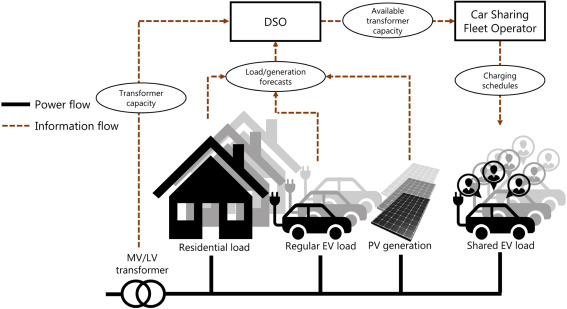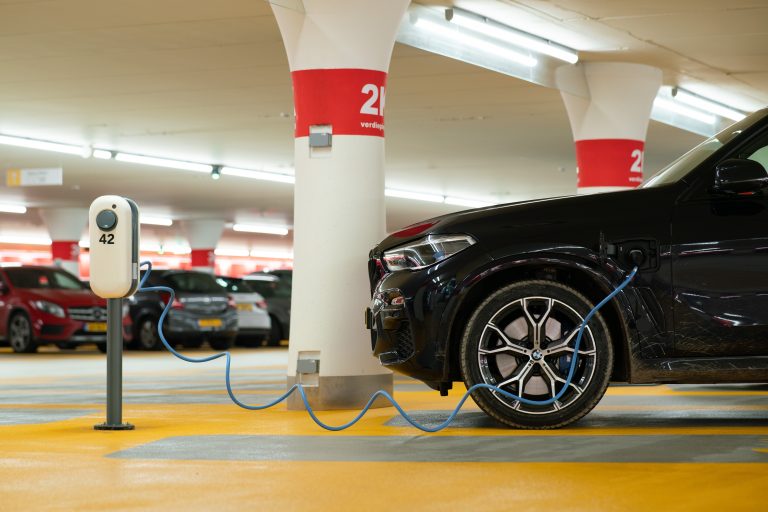Electric cars have a huge battery onboard in order to cover hundreds of kilometers per charge. But what if you could do more with that battery storage? In a new paper published in the Journal of Energy Storage, scientists from University of Utrecht suggest that EV batteries may be used to store and supply energy for the wider grid and alleviate congestion caused during peak hours.
Battery powered homes
Owners of solar panels have reported panels failing in the past year because more and more solar energy is being produced. As a result the electricity grid can sometimes no longer handle production on sunny days, causing panels to switch off automatically.
Grid operators in the Netherlands are therefore calling for subsidized home batteries. This means that solar energy can be stored and used later when it is dark, without the electricity having to be fed into the grid.
But why subsidize the purchase of separate home batteries when more and more people have a gigantic battery in the form of an electric car in front of the door? “If you have a large car battery, you can theoretically supply your house with electricity for more than a week,” says researcher Wouter Schram of Utrecht University.
Battery powered cities
What’s more, EV batteries could be used to reduce congestion on the wider grid too, the Dutch researchers argue.

But here’s the catch. The researchers argue that shared vehicles provide a greater ability than privately-owned EVs due to the infrastructure and predictability that a car-sharing network facilitates.
“Using shared EVs instead of privately-owned EVs for grid management provides multiple advantages. Departure times of shared EVs are highly predictable, as they are booked through a reservation system. Consequentially, smart charging algorithms can be less conservative, increasing the potential for providing grid services. Moreover, the complexity of communication platforms is reduced as grid operators only need to communicate with a few car sharing companies when utilizing EVs for grid management. Lastly, less adjustments to the charging schedules of privately-owned EVs will be required to mitigate grid congestion, causing private EV owners not to unexpectedly face a low battery energy volume at departure.”
